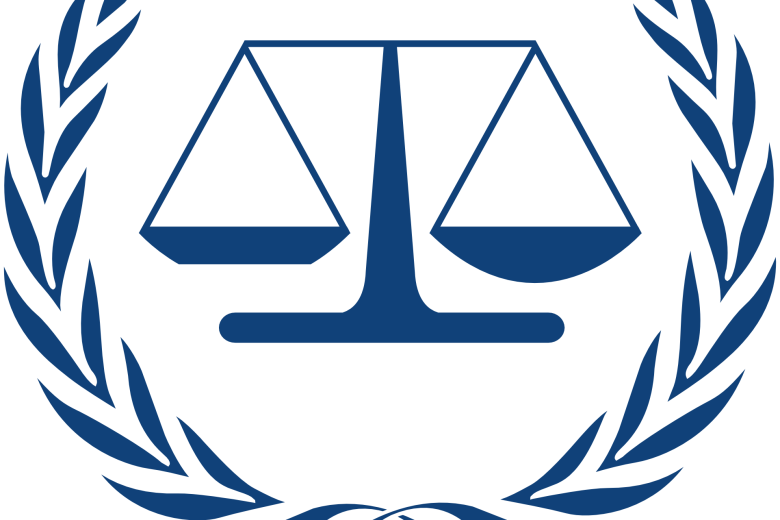Search results
J. van der Schaaf
Digitale Innovatie of Maastricht University Office
Consciousness and the Brain: Is There a Code We Can Crack?
Studium Generale | Lecture
Prof. Cyriel Pennartz, Professor in Cognitive and Systems Neuroscience, University of Amsterdam17 JanCompletion of the Maastricht Project on European Contract Law 2013
Thoughts on the outcome of the negotiation session performed by students where they combined an academic EU perspective on private law rules for the EU internal market, with a political perspective of a Member State.

Road traffic and other liability in Formula 1?
If one formula one car hits another, and one of the parties is to blame, does that create liability to pay for the repairs of the other?

- um_strategic_programme_2022-2026_a4_eng.pdf (6.33 MB, PDF)… a broad sense makes a crucial contribution to the further development of the university. All members of our community are offered a genuine ‘Maastricht University experience’. This holds for students, irrespective of whether they join us in person or online, have local roots or an international background, remain in the region after graduating or go out into the world as our ambassadors. And it holds for staff, too, whether they are focused on teaching, research, or providing the support services … is paramount. As a family-friendly university, UM will facilitate the combination of care tasks and work or study. In addition, we aim to strengthen our employees’ sense of community by investing in societal interaction and cohesion both in person and online. We are working on a new, balanced system for recognising and rewarding all employees (academic and support staff) that is better attuned to the various core tasks of a university, while also allowing room for diversity. We prioritise quality … for Europe? We provide an international learning experience and environment for all students and staff, supported by a strong quality- assurance system for internationalisation. Our International Classroom, international networks and partnerships, exchange programmes and focus on cross-border mobility enhance the quality of our education and research. The international character of our community makes an important contribution to the region. 24 A European focus … … and global engagement UM is …
- guidelines-trips-risk-areas-for-students-2017.pdf (22.62 KB, PDF)… were all involved in drafting this document. What is a risk area? In identifying risk areas and determining the accompanying recommendations pertaining to travel, UM strives to be consistent with the travel advisories issued by the Dutch Ministry of Foreign Affairs. The Ministry of Foreign Affairs uses colour codes to differentiate its travel advisory categories. The colour code indicates how safe a particular country or region is, and for each colour, the Ministry issues different recommendations. These travel advisories are not … The risks to safety in this country or region differ from those in the Netherlands. Orange: Essential travel only. Travellers may be exposed to dangerous situations resulting from grave risks to safety in this country or region. The Ministry of Foreign Affairs therefore recommends travelling to this area only if absolutely necessary. Guidelines for study trips to risk areas v5.2017 Page | 2 Red: Avoid travel. Extremely grave risks to safety are present, which may result in life-threatening …
- Curriculum LAW Master Fiscaal Recht - Tax and Technology 2024-2025.pdf (82.54 KB, PDF)… increasingly use technology to promote compliance. An emphasis is laid upon collecting and managing (big) tax data in order to insure a correct tax payment and detection of fraud. This trend goes hand in hand with further digitalization of information exchange between tax authorities and taxpayers. Industry and business communities also use technology to optimize tax processes and to comply with reporting obligations. This course pays attention to the fiscal and technological aspects that play a … in tax. Risk management and process standardization through systems. Basic programming languages for tax purposes. Enterprise resource systems (SAP) and tax. Tax data collection and processing. Standards for data reporting and programming. Tax data exchange and reporting (country by country reporting, standard audit file for tax, mini one stop shop data). Data analytics. Monitoring tax data quality. Application of data analysis to taxpayer data. Digital fraud. Artificial Intelligence: application … and understanding of the technological aspects, including compliance issues, in the field of taxation. The focus is on data collection and its applications, Enterprise Systems and automation of law. Also to understand the impact of technology on exchange of tax data. At the end of the course the students should be able to thoroughly analyze and interpret juridical literature and other pieces of relevant legal information and its sources in the area of technology and taxes. The student will …